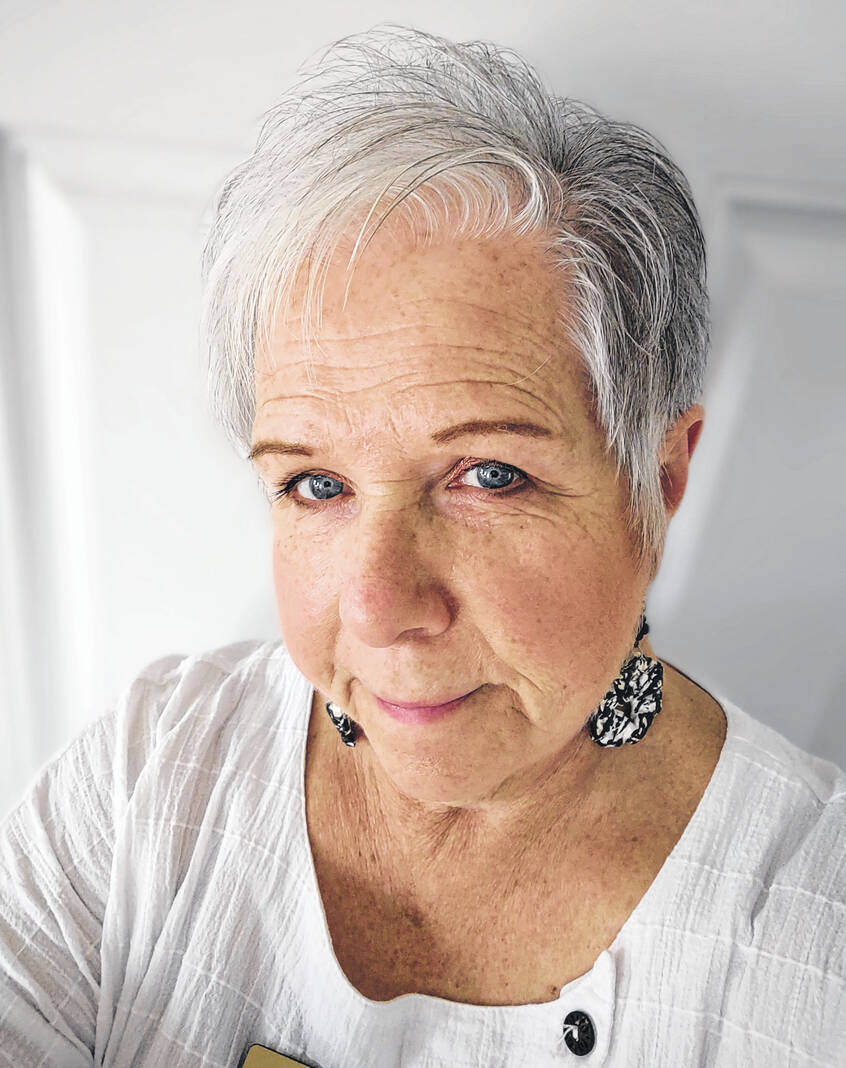
I love to read. It serves as an escape, as well as education.
Reading is good food for the brain. According to an article published in 2018 by “The Best Brain Possible”, there are seven ways our brain benefits by reading. They include mental stimulation, stress reduction, enhanced social skills, vocabulary expansion, memory improvement, improved brain connectivity and function, and better sleep.
One of the first things I did two years ago after moving back to Wilmington was to get a library card. As a child I looked forward to trips to the library. I still do! Books are my preference over devices.
Have you ever seen the sign on the front lawn noting that Wilmington Public Library is a Carnegie library? Maybe you know the history.
An avid reader as a child, Andrew Carnegie was a Scottish-American businessman and philanthropist who donated money to help build libraries all over world. Of the 2,509 Carnegie libraries built between 1883 and 1929, a total of 1,689 were built in the U.S. Some were at universities, others public libraries. By the time the last grant was made in 1919, there were 3,500 libraries in the U.S. and half were known as Carnegies.
To be awarded a grant, locally elected officials were required to adhere to the “Carnegie Formula”, which was:
• demonstrate the need for a library;
• provide a building site;
• pay staff and maintain the library;
• draw from public funds to run the library and not use only private donations;
• annually provide 10% of the cost of the library’s construction to support its operation;
• provide services for all
He also paid for thousands of church organs in the U.S. and around the world, helped establish several colleges, schools and non-profit organizations.
Library services in Wilmington date back to 1816. With private assistance, services were provided sporadically for 80 years.
In 1899 the George Clinton Chapter of Daughters of the American Revolution rented two rooms in the First National Bank, opening services to the public in June, 1899.
The county of Clinton was named for Vice President George Clinton(1739-1812).
The library received a gift if $10,000 with an additional $2,500 from Carnegie, which enabled construction. It opened June 30, 1904. City council assumed responsibility until May 1927, when a board of trustees appointed by the mayor was established.
Samuel Walker, an American soldier, lawman and politician, left part of his estate in a trust. The first addition to the original building in 1936 was named “The Walker Society Annex.”
Some of my fondest summer time childhood memories are of reading with my friends on a blanket under our maple tree on Mead Street. During college I worked part time at the main library in downtown Dayton.
Time spent reading is not time wasted. It is relaxing, can take us to exotic places, and always provides learning something new.
In 2006 I started keeping a journal of my reads. To date, I’ve logged 542 books, and yes, I am now reading number 543. Get familiar with the library, and peruse the stacks and the website.
Encourage children to read. It will open their imagination. Good readers are usually better students. I learn new things with every book.
What a novel idea!
Dianne Bonecutter Garrett is a Wilmington native and a former print and broadcast journalist.


